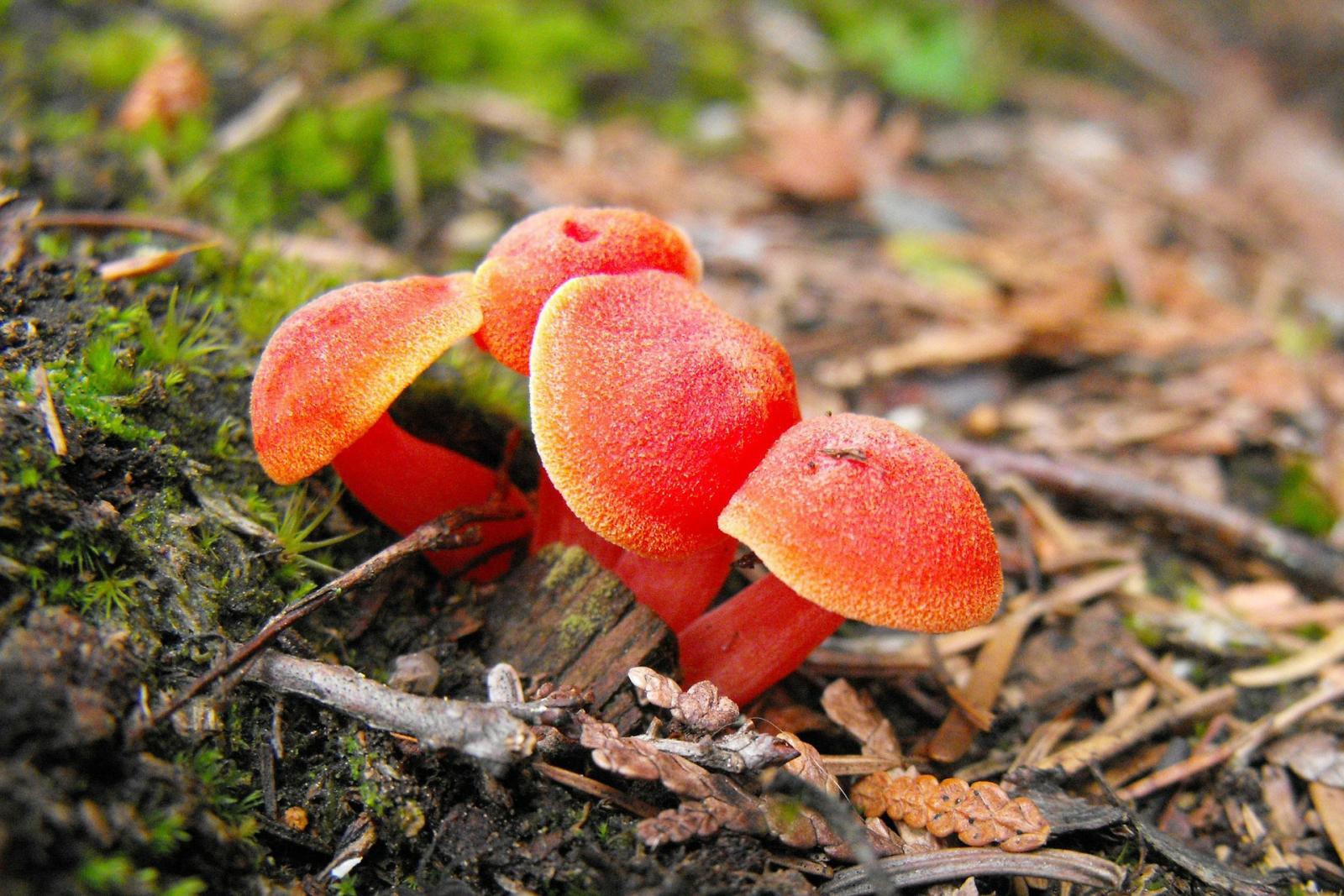New sites to protect rare fungi
Sustain member Natural England will protect threatened fungi in Dorset and Halesowen.

Natural England have announced that there will be two new Sites of Special Scientific Interest (SSSIs) to protect some of the country's rarest and most threatened fungi. They will provide protection for over 70 additional hectares for important and spectacular fungi, as well as nationally important grasslands and meadows.
Dorset
The first site is Dorset’s Down Farm, an eight hectares site near Beaminster and home to a nationally important assemblage of grassland fungi, in particular a rich variety of waxcaps and clubs, corals and spindles. These fungi thrive in traditionally managed grasslands and Down Farm’s richness is testament to the careful stewardship by the land owner.
Andrew Smith, Natural England’s area manager for Dorset, said:
"The traditionally managed hay meadows support a rich flora. In spring there are thousands of the much-declined green-winged orchid. In autumn, the grasslands are equally colourful and spectacular with waxcaps, corals, spindles and club fungi.
"This ‘waxcap’ grassland in west Dorset is now recognised as being of national importance. Notifying the meadow helps safeguard these important natural features that the land owner has nurtured and cared for so well through traditional hay meadow management. Natural England is delighted to recognise the owner’s good work and looks forward to this spectacular place being cherished long into the future."
Birmingham
The second notification is The Leasowes in Halesowen, an area of 63 hectares in the borough of Dudley near Birmingham and one of the best sites in England for its spectacular displays of grassland fungi, including an amazing 28 species of the brightly coloured waxcap mushrooms.
The citrine waxcap, which is on the International Union for Conservation of Nature’s global red data list - a list of species at threat of extinction - was recorded at The Leasowes in 2017.
Emma Johnson, Natural England’s area manager for West Midlands, said:
"It is a great example of how urban sites can hold nationally significant habitats, providing a wonderful place for both people and nature. The designation is a timely recognition of all of the management and conservation work that has gone into the site by wardens, golf course managers, volunteers and community groups over many years."
2019 marks the Government’s Year of Green Action, a year-long drive to help people to connect with, protect and enhance nature.
12/02/2019


